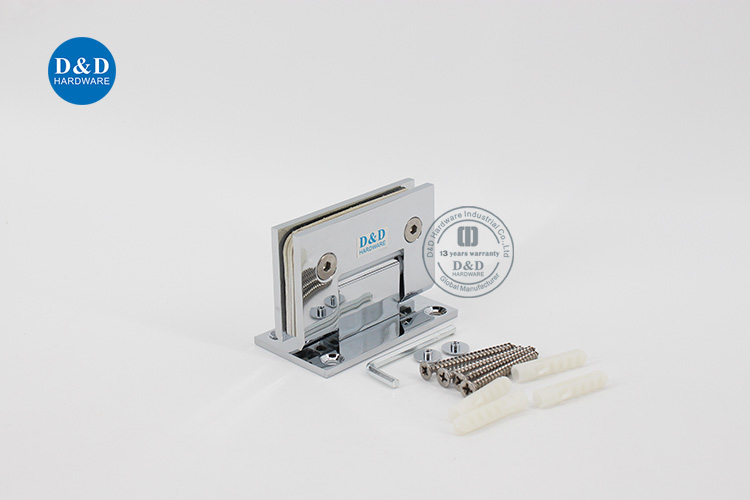Views: 0 Author: Site Editor Publish Time: 2024-04-22 Origin: Site

Door hinges may seem like small components, but they play a crucial role in the functionality and security of doors. Whether used for residential or commercial use, choosing the right door hinge is important for longevity, security and efficiency. This article discusses the difference between commercial door hinges and residential door hinges, focusing on factors such as metal thickness and durability, protection measures, number of metal nails, allowability for use, and all the differences between quality and protection.
One of the primary distinctions between commercial door hinges and those used in residential settings is metal thickness and durability. Commercially-important door hinges are typically composed of thick, powerful metal like steel or brass. The increased thickness increases the strength of the product to withstand heavier commercial doors that are necessary to withstand high traffic volume. These hinges are intended to withstand frequent use without deformation or failure.
Conversely, residential hinges on doors are typically less dense and made from less complex materials because they support non-utilized doors that have a different degree of exposure than their commercial counterparts. While still able to withstand the heavy use that comes with commercial applications, these hinges may not be durable enough for everyday use.
The level of protection offered by a hinge is another critical factor distinguishing commercial door hinges from residential ones. Non-commercial buildings are often more vulnerable to attacks due to the value of the assets or the sensitivity of the information stored inside. As a result, commercial door hinges are equipped with security features that are non-removable, such as pin-based locks or built in resistances to tampering and forced entry.
Residential hinges typically have a more focused focus on basic functionality with standard safety features that are appropriate for homes where the threat of theft is less severe. However, homeowners who want additional security can choose higher-quality hinges that are similar to the commercial grade.
The configuration of screw holes in door hinges also varies between commercial and residential types. Commercial door hinges typically have more screw holes than residential ones; this design feature helps distribute the weight of heavier doors more evenly across the frame, reducing stress at any single point which could lead to hinge failure.
Additionally, the screws used in commercial settings are usually longer and thicker to secure the hinge firmly despite frequent opening and closing cycles. Residential hinge screws are shorter with fewer threads per inch since they do not need to combat heavy-duty wear.
Permitted uses for each type of hinge also differ significantly based on building codes and safety standards specific to either residential or commercial properties. Commercial door hinges must comply with stringent regulations including fire safety codes that dictate not only materials but also installation processes. These requirements ensure that doors function correctly during emergencies providing safe egress options.
Residential codes can be less rigorous but still ensure safety within homes; however, they do not usually need to meet the high standards set for public buildings which see much larger numbers of users daily.
Differences in quality and protection stem largely from variations in metal thickness & durability along with levels of protection provided against wear or unauthorized access—factors influenced heavily by whether a hinge will be placed within a bustling office building or a quiet family home.
When contemplating new installations or substitutes, it's crucial to consider these factors as well as talk to professionals if there is any confusion about what type of security is most appropriate for your situation— whether it is at work or at home.